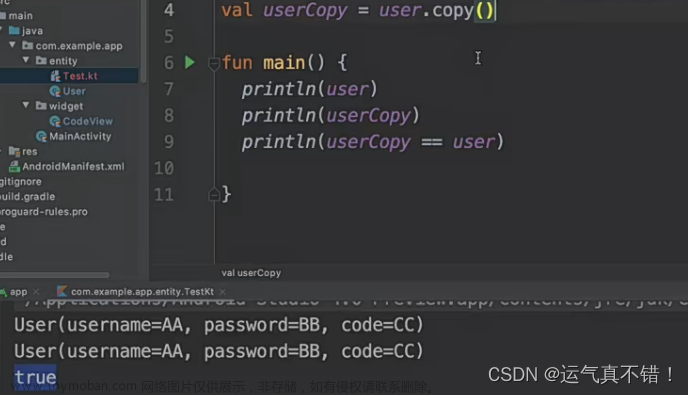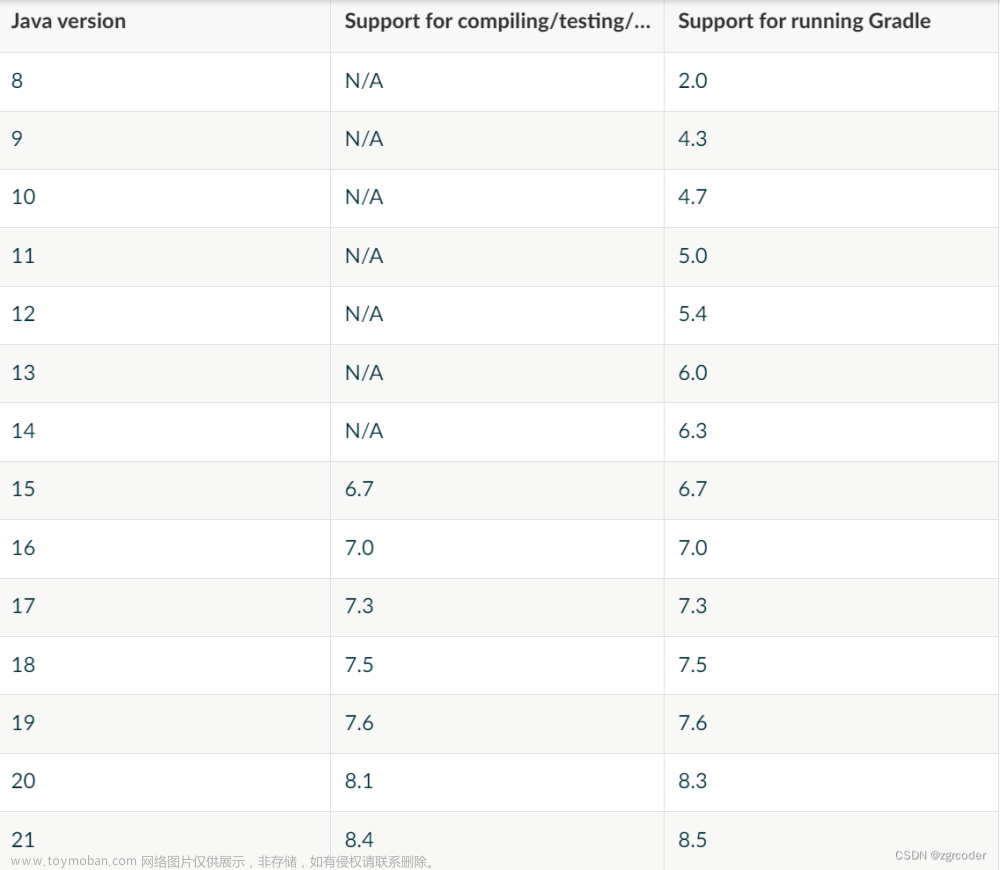针对上篇传入函数参数我们也可以重新定义一个函数,然后在main中调用时传入函数对象
lambda属于函数类型的对象,需要把普通函数变成函数类型的对象(函数引用),使用“::”文章来源:https://www.toymoban.com/news/detail-652894.html
/**
* You can edit, run, and share this code.
* play.kotlinlang.org
*/
fun main() {
//第一种写法 使用“::”函数引用
val info=login("kotlin","123456",::meResponseResult)
println(info)
//第二种写法 对象引用的函数引用
val obj=::meResponseResult
val info2=login("kotlin","123456",obj)
println(info2)
}
//定义函数实现responseResult:(String,Int)->String):String
fun meResponseResult(msg:String,code:Int):String{
return "登录结果:$msg,$code"
}
//模拟数据库SQLServer
const val USER_NAME_DB="kotlin"
const val USER_PWD_DB="123456"
//登录
/*
* responseResult:(String,Int)->Unit) 传入响应结果的参数,同时也是获取响应结果的函数
*
* TODO()//Nothing类型,出现问题,终止程序
*
* */
private inline fun login(username:String,password:String,responseResult:(String,Int)->String):String{
if(username==null||password==null){
TODO("账号密码为空")//Nothing类型,出现问题,终止程序
}
//登录校验
if(username.length>3&&password.length>3){
if(isLogin(username,password)){
//登录成功逻辑,以及处理登录成功后的业务
//登录成功后返回响应结果,调用参数中的responseResult:(String,Int)->Unit)
return responseResult("login success",200)
}else{
//登录失败逻辑,以及处理登录失败后的业务
//登录失败后返回响应结果,调用参数中的responseResult:(String,Int)->Unit)
return responseResult("login failed",444)
}
}else{
TODO("账号密码不符合规范")//Nothing类型,出现问题,终止程序
}
return ""
}
//登录校验
private fun isLogin(username:String,password:String):Boolean{
return if(username==USER_NAME_DB && password==USER_PWD_DB) true else false
}
执行结果 文章来源地址https://www.toymoban.com/news/detail-652894.html
文章来源地址https://www.toymoban.com/news/detail-652894.html
到了这里,关于【第二阶段】kotlin函数引用的文章就介绍完了。如果您还想了解更多内容,请在右上角搜索TOY模板网以前的文章或继续浏览下面的相关文章,希望大家以后多多支持TOY模板网!












